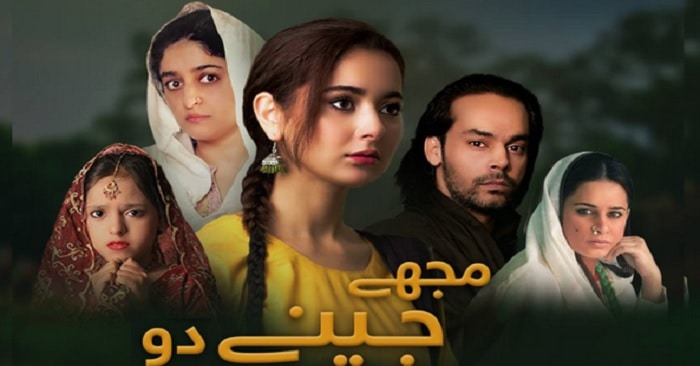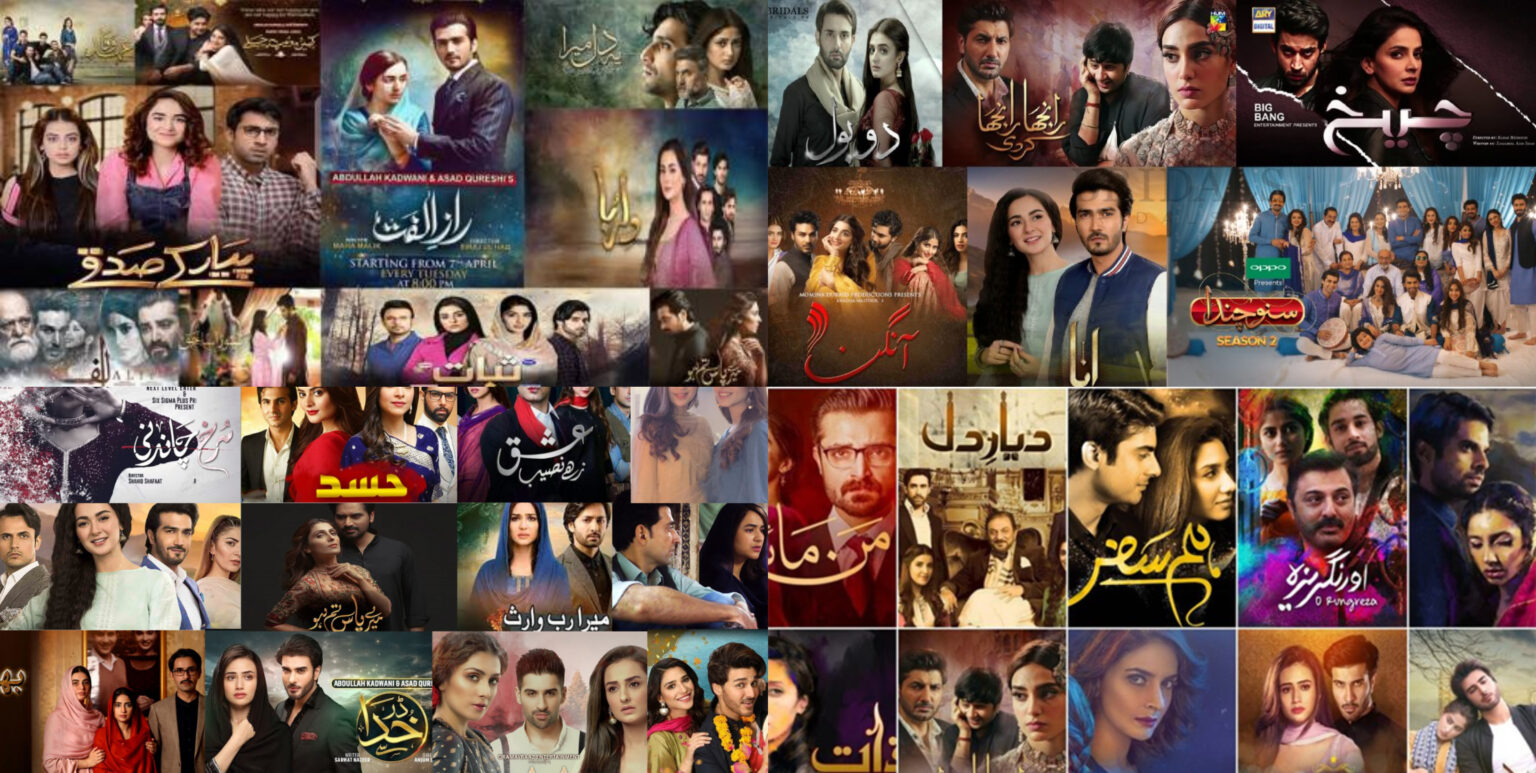Over the years, Pakistani dramas have played a significant role in breaking stereotypes and challenging societal norms. Here are a few noteworthy Pakistani dramas that have made a lasting impact by defying conventions: Dastaan: Set against the backdrop of the partition of India, “Dastaan” tackled sensitive topics such as political unrest, gender roles, and the struggles faced by individuals during that time. The drama portrayed strong female characters who defied societal expectations and fought for their rights, challenging the traditional submissive role of women.
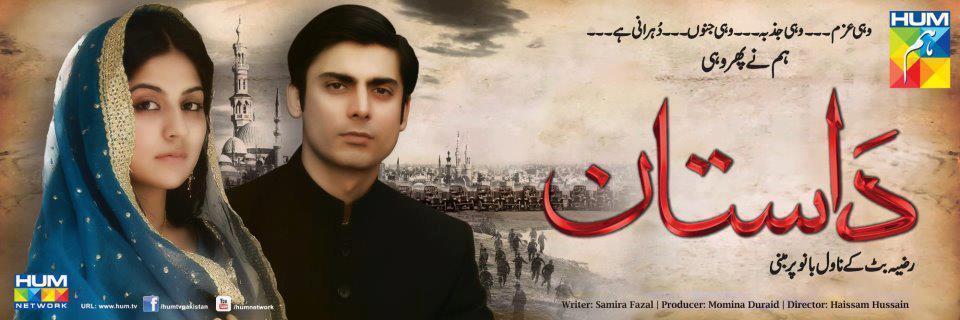
Udaari: “Udaari” shed light on the sensitive issue of child sexual abuse, a topic rarely discussed openly in Pakistani society. The drama raised awareness about the prevalence of this issue and sparked important conversations, emphasizing the importance of addressing such taboo subjects.
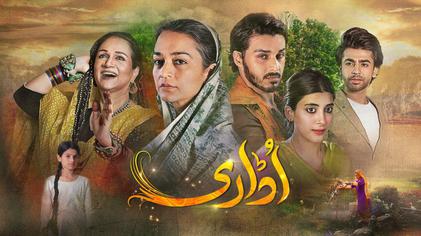
Zindagi Gulzar Hai: “Zindagi Gulzar Hai” challenged the traditional gender roles and expectations placed on women in Pakistani society. The drama portrayed a female protagonist who strives for independence, pursues her education, and challenges societal norms. It highlighted the importance of women’s empowerment and breaking free from social constraints.
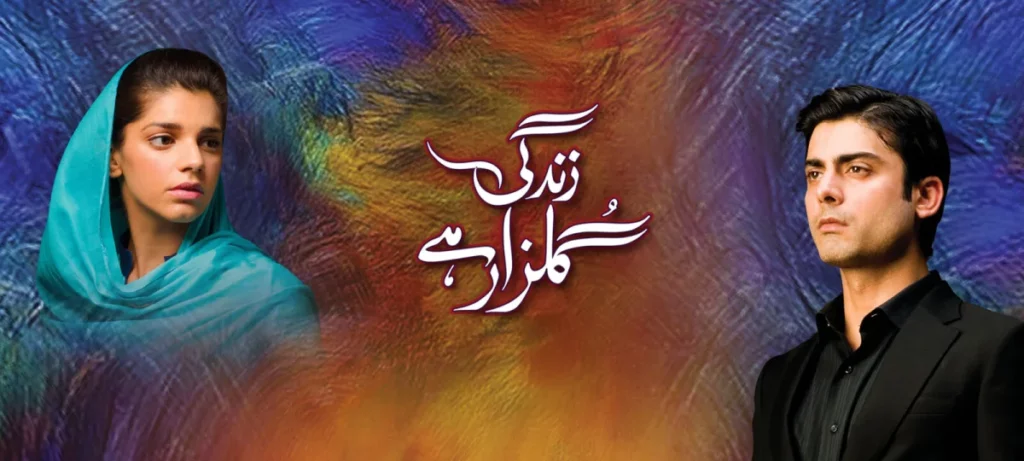
Khuda Mera Bhi Hai: “Khuda Mera Bhi Hai” explored the topic of transgender rights and acceptance. The drama depicted the struggles faced by a transgender child and their family’s journey towards embracing and supporting their identity. It aimed to create awareness and promote acceptance of the transgender community in Pakistani society.
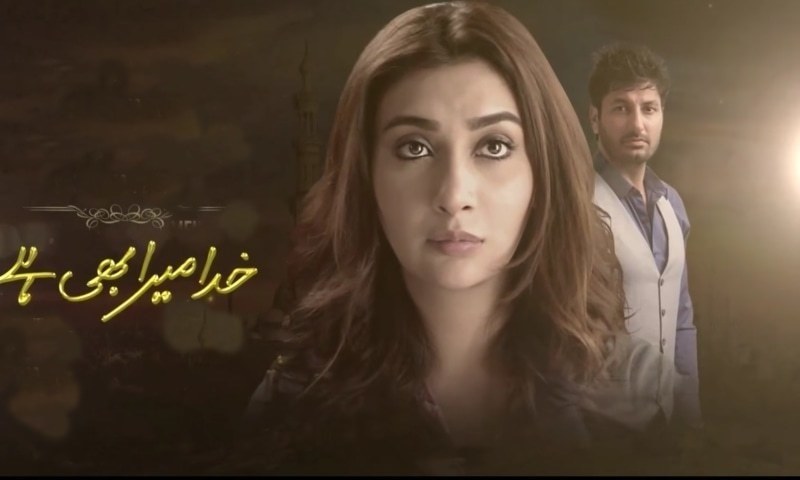
Dil Na Umeed Toh Nahi: “Dil Na Umeed Toh Nahi” shed light on human trafficking, child labor, and the exploitation of vulnerable individuals. The drama exposed the dark realities of society while highlighting the strength and resilience of its characters. It aimed to create awareness and promote social change.
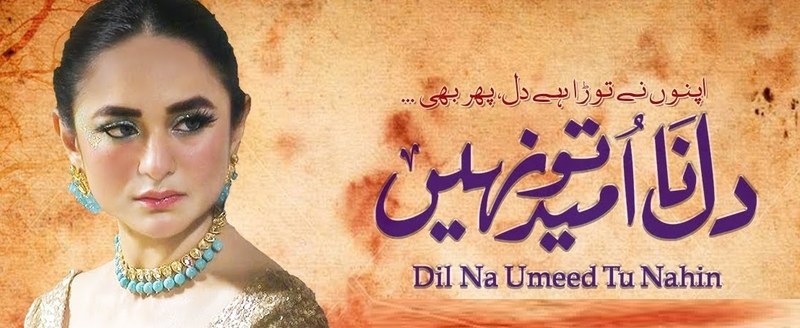
Ranjha Ranjha Kardi: “Ranjha Ranjha Kardi” defied traditional notions of beauty and challenged societal stereotypes by portraying a female protagonist with intellectual disabilities. The drama sensitively explored her journey, highlighting her strength, resilience, and capacity for love.
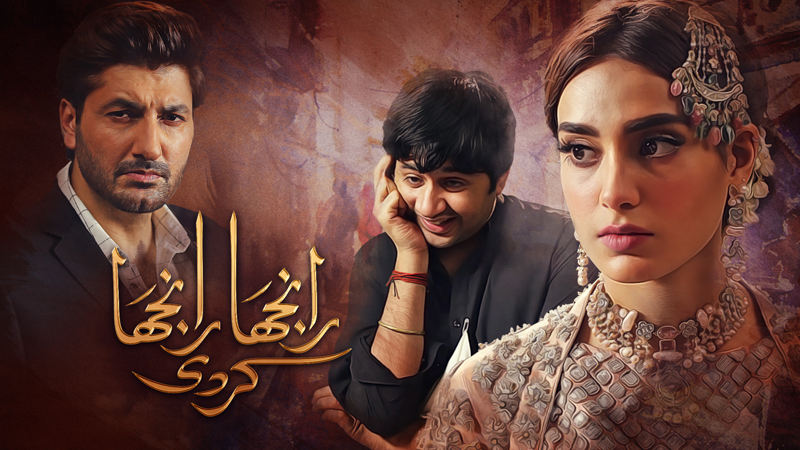
Dil Lagi: “Dil Lagi” challenged the prevailing notion of honor and the treatment of women in Pakistani society. The drama depicted a strong-willed female protagonist who refused to conform to societal expectations and fought for her own happiness.
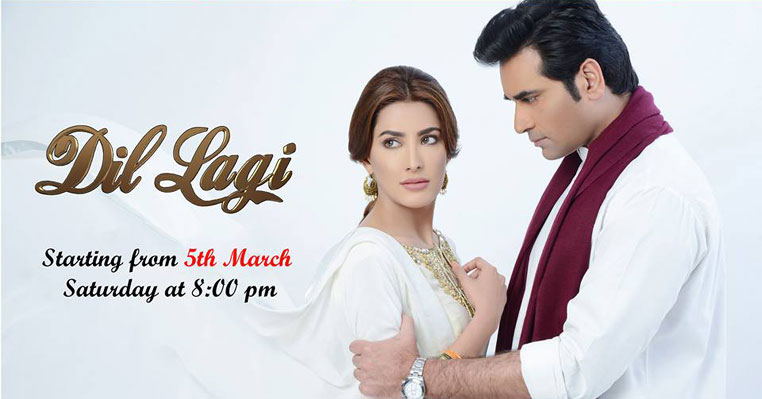
Daam: “Daam” addressed the issue of class differences and the impact it has on relationships and social dynamics. The drama highlighted the importance of equality, compassion, and understanding in a society deeply divided by socioeconomic disparities.
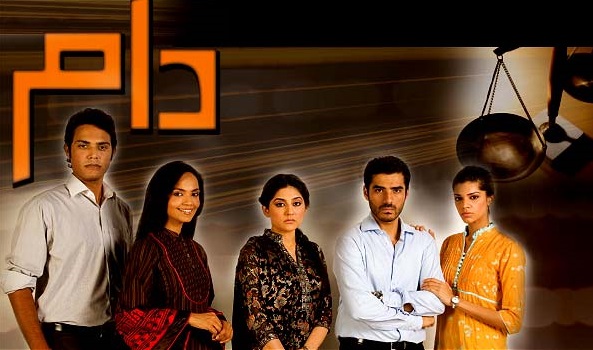
Diyar-e-Dil: “Diyar-e-Dil” explored the concept of self-discovery and breaking free from societal pressures. The drama depicted characters who dared to follow their dreams, challenge family traditions, and prioritize personal happiness over societal expectations.
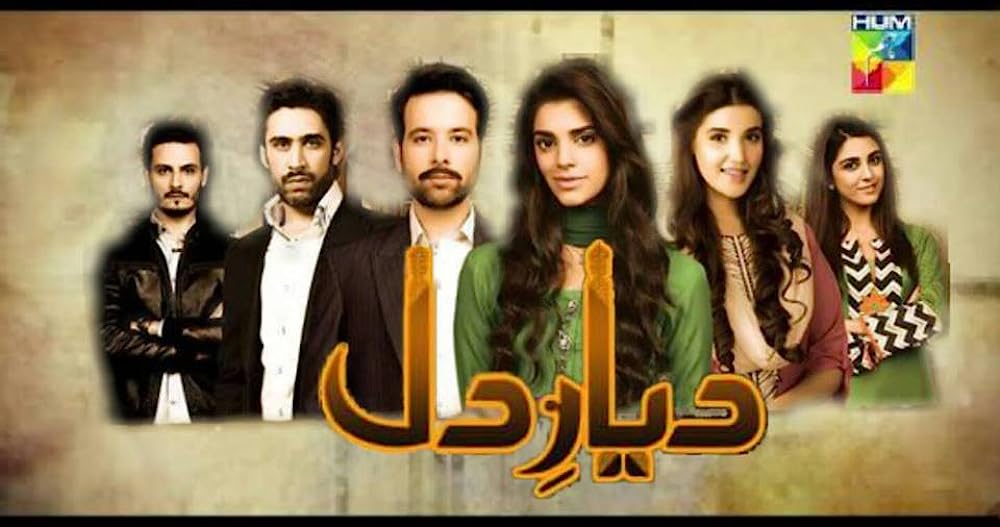
Mujhe Jeenay Du: “Mujhe Jeenay Du” tackled the issue of domestic violence and the struggles faced by women in abusive relationships. The drama aimed to raise awareness about the prevalence of such violence and encourage victims to seek help and break free from the cycle of abuse.
These dramas have made significant contributions to Pakistani television by breaking stereotypes, addressing social issues, and promoting important conversations. They have played a crucial role in reshaping narratives and fostering a more inclusive and progressive society. These dramas have played a pivotal role in challenging stereotypes, initiating important discussions, and fostering social change in Pakistani society. They have broken barriers by addressing taboo topics and providing a platform to promote empathy, understanding, and acceptance of diverse perspectives.
